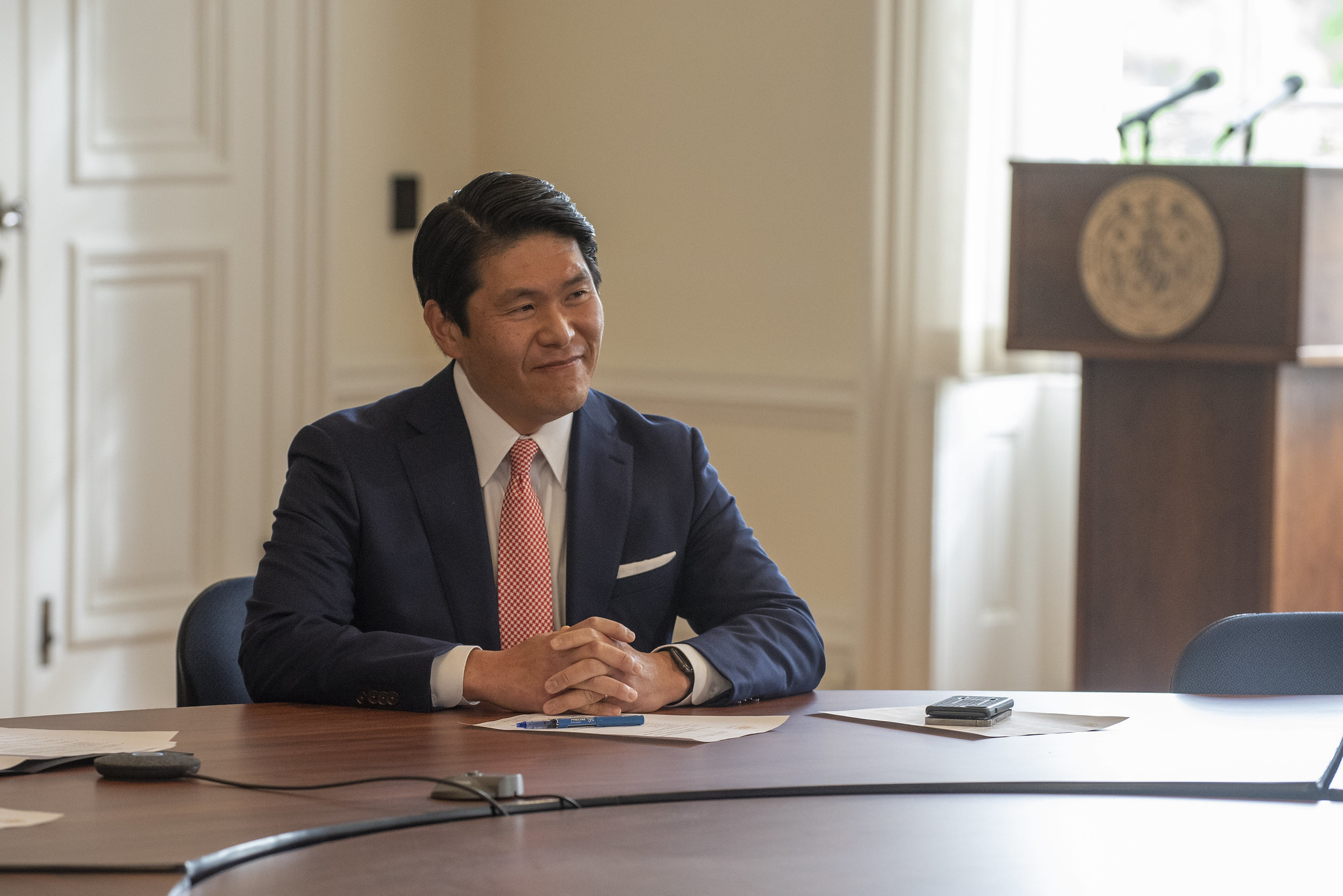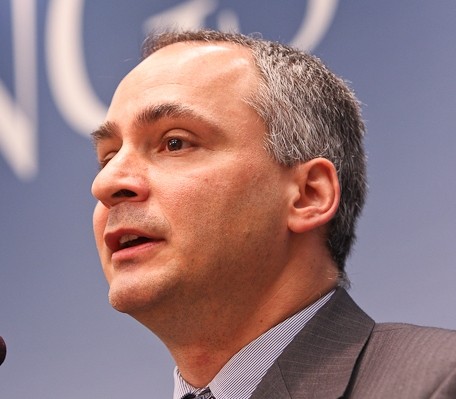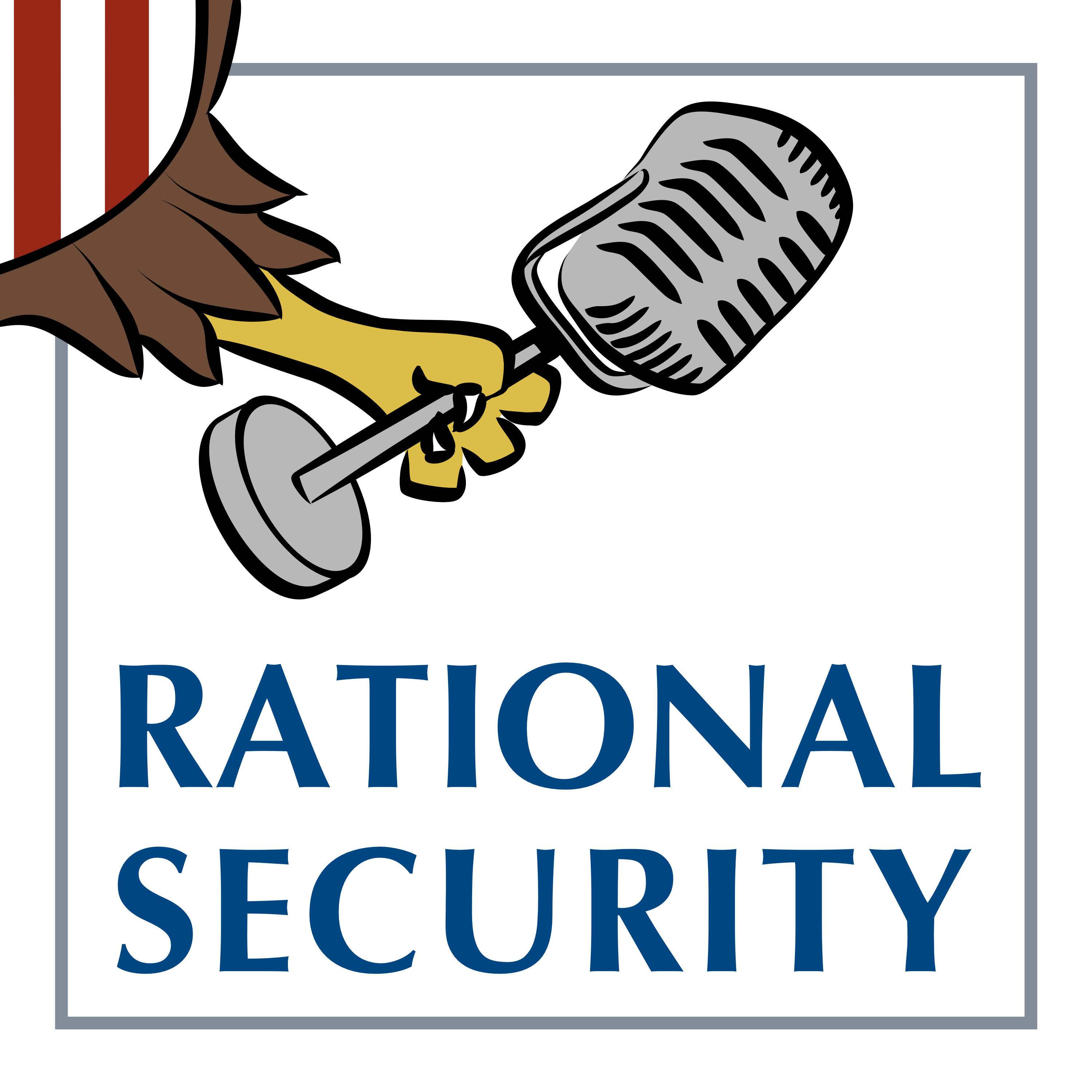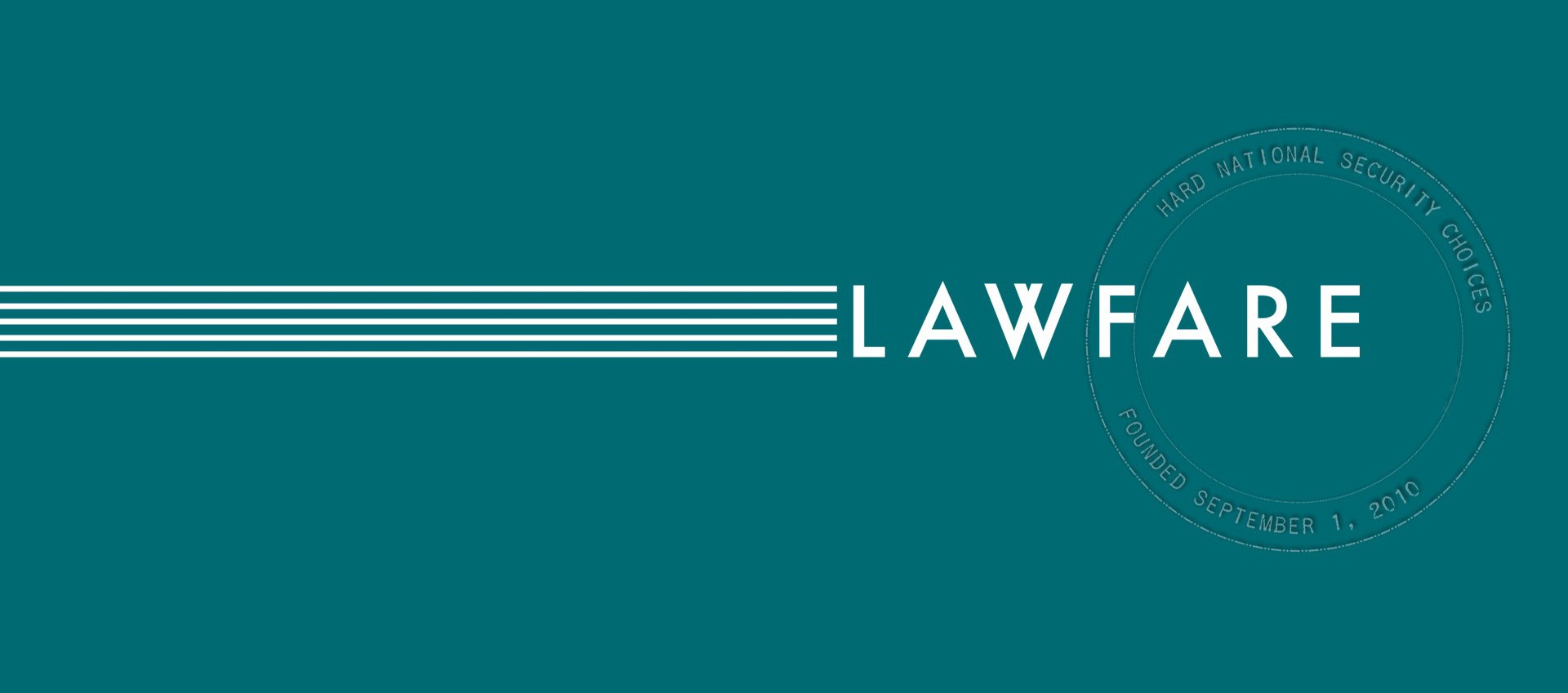Unpacking the Biden Special Counsel Announcement
This special counsel investigation is going nowhere.

Published by The Lawfare Institute
in Cooperation With

Attorney General Merrick Garland had no choice but to appoint a special counsel to handle whatever criminal matters may arise out of the presence of classified information in locations associated with Joe Biden between his vice presidency and his presidency.
The regulations on the matter are ambiguous as to some matters, but this is not one of them. The moment the U.S. attorney Garland asked to take an initial look at the matter determined that further investigation was warranted, the regulations leave the attorney general next to no discretion as to how to proceed.
I’m sure Garland will face a lot of criticism today for loosing a special counsel on his boss. Those who would level such criticism should pause a moment to read the regulations.
But let’s be clear about another point as well: the fact that the regulations require a special counsel—and they do—does not necessarily imply that President Biden did something wrong here, much less that the matter at issue bears comparison to the apparently willful hoarding of documents at Mar-a-Lago by former President Trump.
Let us unpack the Biden special counsel appointment.
Garland’s statement was characteristically terse but contains everything one needs to know to understand his legal thinking. He opened by saying he was appointing Special Counsel Robert Hur “pursuant to Department of Justice regulations governing such matters.”
Those regulations are codified beginning at 28 CFR § 600.1, which reads in relevant part: “the Attorney General . . . will appoint a Special Counsel when he or she determines that criminal investigation of a person or matter is warranted” and the following conditions are met: “investigation or prosecution of that person or matter by . . . the Department of Justice would present a conflict of interest for the Department or other extraordinary circumstances,” and “That under the circumstances, it would be in the public interest to appoint an outside Special Counsel to assume responsibility for the matter.”
The circumstances of a criminal investigation involving the attorney general’s boss is a textbook example of the sort of conflict of interest that gives rise to these regulations in the first place. Garland, in his statement, did not acknowledge the conflict of interest, but he did invoke the “extraordinary circumstances” language to get to the same place.
I suppose it is theoretically possible for Garland to have declined to invoke the regulations on grounds that while the first condition is clearly met (either because the situation presents a conflict of interest or because it presents extraordinary circumstances), he nonetheless believes that a special counsel would not be in the public interest. Such a determination, however, would render the first paragraph of the section something of a nullity. If it’s not in the public interest to have a special counsel when the attorney general has to investigate his boss, exactly when is it in the public interest to have one?
The only real out for the attorney general is if he determines that the matter does not clearly warrant a full investigation at all—and thus may not trigger the regulations further investigation itself is not “warranted.” The section of the regulations immediately following the one quoted above provides that “When matters are brought to the attention of the Attorney General that might warrant consideration of appointment of a Special Counsel, the Attorney General may . . . [d]irect that an initial investigation, consisting of such factual inquiry or legal research as the Attorney General deems appropriate, be conducted in order to better inform the decision.”
Garland made clear in his statement that he availed himself of this option before pulling the trigger, when he asked the Trump-appointed U.S. attorney for the Northern District of Illinois, John Lausch Jr., to conduct what he termed the “initial investigation” of the matter so as ”to inform my decision whether to appoint a special counsel.” Note here that Garland is using the precise language of the regulation, which he also cited specifically. Lausch briefed Garland last week on the results of this initial investigation and, as Garland put it, “advised me that further investigation by a special counsel was warranted.” On this basis, Garland concluded that “it was in the public interest to appoint a special counsel.”
It is hard for me to see how he could have determined otherwise.
The problem facing Garland here was not simply the text of the regulation. It was also that because of the criminal investigation of former President Trump for keeping classified material at his golf resort, it would be extremely awkward for him to make investigative and prosecutorial decisions in this case—particularly ones that seem to decline aggressive action against Biden.
By contrast, the symmetry in his decision is rather elegant. Two successive presidents of opposite parties—both of whom say they are running for the office again in 2024—turn out to have classified materials at their homes and private offices. The attorney general handles both cases the same way—turning over both investigations to special counsels to handle as they will.
But this brings me to the second important point. Special counsel or not, this is most unlikely to be a criminal case. One thing the new special counsel will certainly want to figure out as he considers how to proceed here is how this material got transferred to these locations associated with Biden in the first place. In Trump’s case, we kind of know the answer to this question: He or his staff removed them from the White House to Mar-a-Lago, and he has tenaciously resisted giving them back, in a fashion that the Justice Department believed warranted investigation as an obstruction of justice.
In Biden’s case, however, we don’t know the answer—at least not yet. And how the material ended up where it shouldn’t be will matter a lot. A great deal of the moving and handling of documents is done by staff, after all. The vice president doesn’t rent a U-Haul to schlep documents to an external office or to his home. So the fact that some classified material is mixed up amidst non-classified material doesn’t necessarily mean that Biden himself mishandled classified material. It could mean that someone working for him did. It could also mean that someone else made a mistake of the type that happens pretty frequently and almost never, without more, results in criminal prosecution.
There’s more reason still to doubt that this case ends up being a major criminal problem for Biden. While we don’t know how the classified material got to Biden’s home and office, we do know exactly how it got back to the National Archive: Biden not only didn’t resist returning it, his lawyers went and looked for it and notified the National Archive that they had found such material. Garland’s statement today made clear that all of the material in question was identified by Biden’s attorneys on their own initiative and returned voluntarily. He referred specifically to three batches:
- “On the evening of November 4, 2022, the National Archives Office of Inspector General contacted a prosecutor at the Department of Justice. It informed him that the White House [Counsel] had notified the Archives that documents bearing classification markings were identified at the office of the Penn Biden Center for Diplomacy and Global Engagement, located in Washington, D.C.”
- “On December 20, President Biden's personal counsel informed Mr. Lausch that additional documents bearing classification markings were identified in the garage of the President's private residence in Wilmington, Delaware.”
- “This morning, President Biden's personal counsel called Mr. Lausch and stated that an additional document bearing classification markings was identified at the President's personal residence in Wilmington, Delaware.”
This fact pattern, in which the president’s counsels on their own initiative identify and arrange for the return of classified material, is not obviously consistent with criminal misuse of that classified material—much less by the president himself. So depending on what investigators find, there may be scant evidence that a crime took place at all.
Right now, all we really know is that a relatively small amount of classified material from the Obama era has been found where it wasn’t supposed to be on three occasions and in three locations associated with the period between Biden’s vice presidency and his presidency.
It has to be investigated, to be sure. This kind of mishandling of classified material always triggers a referral to the Justice Department. And it has to be investigated by a special counsel. The regulations are pretty clear about that. But that does not mean it is likely to blossom as a criminal case. Indeed, it’s a most unpromising criminal case.
Robert Hur, the new special counsel, is a serious fellow. He has been a U.S attorney during the Trump administration, but was appointed with support from Maryland’s two Democratic Senators. He has been the principal associate deputy attorney general—a position Garland himself once held. He served for seven years as an assistant U.S. attorney. I’m sure he will be thorough and careful, and the investigation will no doubt take longer to resolve than President Biden will find congenial. Such is the way with special counsel investigations. That said, there is no circumstance present here that makes me fret that this situation will spin out of control.
And as to the symmetry with the Mar-a-Lago investigation? Sometimes optical illusions are just optical illusions.
Look for these two special counsel probes to play out very differently from one another.





